Key Factors
- Billionaire-backed banks in Africa are reshaping finance, driving enlargement, digital banking, and monetary inclusion from Lagos to Johannesburg and Casablanca.
- Nigerian billionaire Femi Otedola and South Africa’s Michiel Le Roux lead banks reworking company finance and digital banking throughout the continent.
- Africa’s billionaire-backed banks are bridging monetary gaps, funding infrastructure, and adapting to financial shifts, reinforcing their function within the area’s monetary future.
Africa’s banking business is coming into a brand new part—one formed not simply by financial shifts and coverage , however by a handful of billionaires redefining finance throughout the continent. From Lagos to Johannesburg and Casablanca, African billionaires aren’t simply backing banks; they’re driving enlargement, rising monetary entry, and pushing African banking onto the worldwide stage.
With deep pockets and a pointy eye for alternative, billionaire-backed banks are making a mark in company finance, wealth administration, and monetary inclusion. In West Africa, Nigerian billionaire Femi Otedola has strengthened FirstHoldCo, the mother or father firm of First Financial institution of Nigeria, solidifying its place as one of many nation’s monetary powerhouses. In Southern Africa, South African billionaire Michiel Le Roux has turned Capitec right into a banking big, serving over 22 million prospects and reshaping retail banking within the course of.
However their impression goes past the underside line. These banks are bridging monetary gaps, driving the shift to digital banking, and funding infrastructure tasks that can form Africa’s subsequent part of financial development. Collectively, they’re among the many most influential monetary establishments on the continent, taking part in a crucial function within the area’s financial transformation.
As Africa’s financial system continues to evolve, these banks will stay on the forefront—adapting to new challenges, shaping monetary providers, and reinforcing their function because the spine of the continent’s monetary future. Listed here are seven billionaire-backed banks main the best way.
1. FirstBank
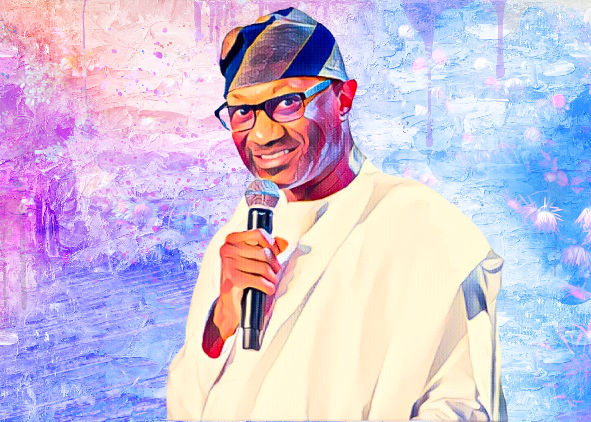
Backed by Femi Otedola
Nation: Nigeria
First HoldCo Plc (FirstHoldCo), the mother or father firm of Nigeria’s oldest and most influential monetary establishment, First Financial institution of Nigeria Restricted, is strengthening its place underneath the management of billionaire investor Femi Otedola. Based 130 years in the past, FirstBank stays a significant participant in West Africa’s monetary sector, driving digital banking and monetary inclusion, particularly in underserved markets. Otedola, often called a powerhouse in Nigeria’s monetary markets, has a web value exceeding $1.7 billion and holds a 13.16 p.c stake in FirstHoldCo, previously FBN Holdings. As each main shareholder and chairman, he has reshaped the financial institution’s technique, driving enlargement and innovation. The financial institution is making daring strikes to solidify its dominance. It’s establishing a 44-story headquarters in Eko Atlantic Metropolis, Lagos, which will likely be certainly one of Africa’s tallest constructing. On the similar time, its aggressive regional enlargement is positioning it as a number one pressure in African finance. Financially, FirstHoldCo is stronger than ever. In 2024, it reported gross earnings exceeding $2 billion, with complete property rising to $17.46 billion. Below Otedola’s management, FirstHoldCo’s market capitalization has reached N1.02 trillion ($661 million). With its continued development, the corporate is on monitor to reclaim the $1 billion market cap it achieved earlier than the naira’s devaluation, cementing its standing as certainly one of Nigeria’s main lenders.
2. FirstRand
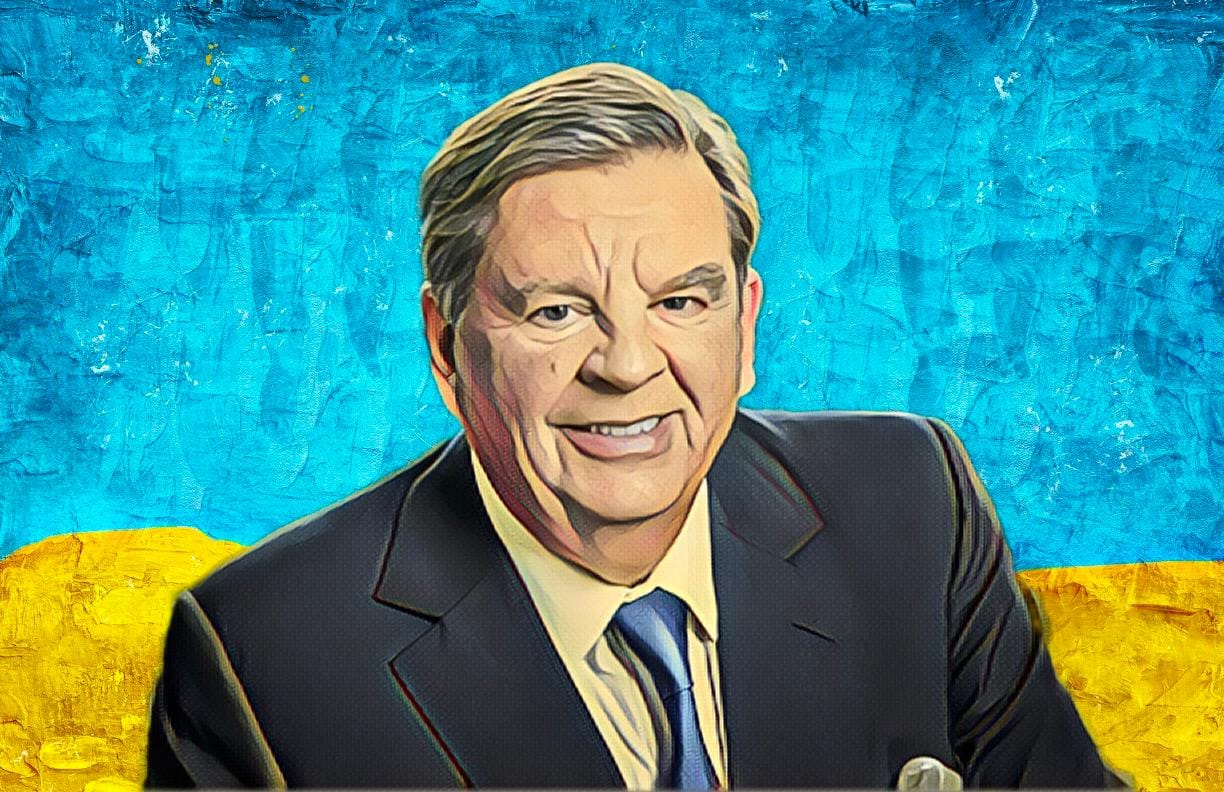
Backed by Johann Rupert
Nation: South Africa
Johann Rupert, South Africa’s richest man, holds a $146 million stake in FirstRand, Africa’s most dear lender. The funding is a part of his $15.8 billion fortune. FirstRand was co-founded in 1977 by South African billionaire Laurie Dippenaar and has grown right into a dominant pressure in Africa’s monetary sector, with a market capitalization of $23 billion. Below Dippenaar’s management, the financial institution expanded its attain throughout the continent, providing a variety of monetary providers. His impression extends past banking—by way of the FirstRand Laurie Dippenaar Scholarship, he has supported rising African expertise for years. In Could 2024, FirstRand secured a $250 million mortgage from the Worldwide Finance Company (IFC) to fund inexperienced constructing tasks and inexpensive housing, reinforcing its dedication to sustainable improvement. The financial institution has additionally strengthened its presence in intra-African commerce by way of a strategic partnership with Proparco, changing into the primary Southern African lender to affix the Commerce Finance Assure Program. Dippenaar, who co-founded Rand Consolidated Investing—an early iteration of FirstRand—nonetheless maintains a 1.76 p.c stake within the firm, value R7.37 billion ($406.8 million). The financial institution’s newest monetary outcomes replicate its regular development. For the half-year ending Dec. 31, 2024, it reported a revenue of R22.53 billion ($1.23 billion), up from R20.55 billion ($1.12 billion) a yr earlier. Whole property climbed to R2.54 trillion ($138.8 billion), in comparison with R2.37 trillion ($129.5 billion) in 2023.
3. United Financial institution for Africa (UBA)
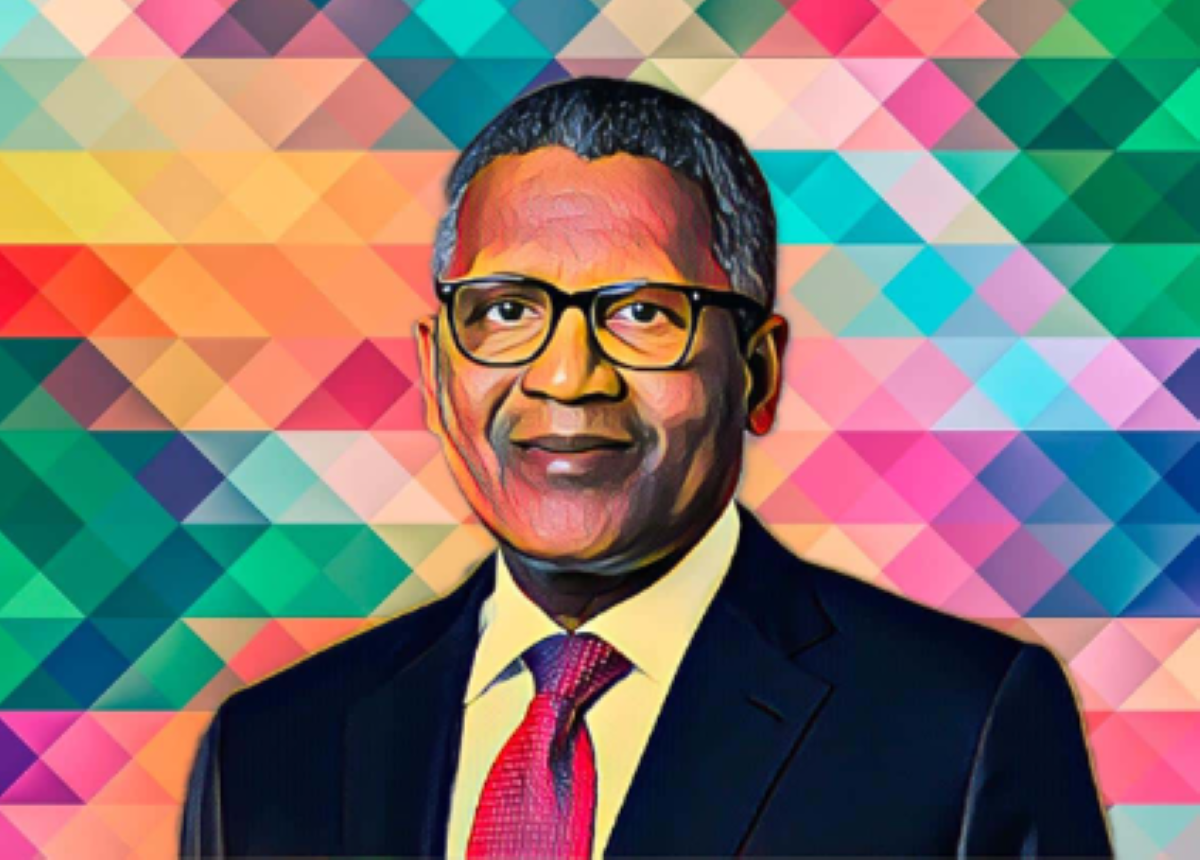
Backed by Aliko Dangote
Nation: Nigeria
In response to the Bloomberg Billionaires Index, Africa’s richest man, Aliko Dangote, holds a minority stake in United Financial institution for Africa (UBA) value over $350,000. Nonetheless, this has but to look within the financial institution’s monetary stories—unsurprising, given Dangote’s tendency to maintain his investments exterior the Dangote empire non-public. UBA is certainly one of Nigeria’s main monetary establishments, with operations spanning 24 international locations throughout 4 continents, together with key markets just like the UK, america, France, and the United Arab Emirates. Whereas many Nigerian monetary providers suppliers noticed their income double in 2024, UBA, which has but to launch its full-year outcomes, reported a extra modest 16.9 p.c improve for the primary 9 months of the yr. Revenue rose from N449.3 billion ($274.84 million) in the identical interval final yr to N525.31 billion ($320.9 million). The financial institution confronted rising prices, with different working bills surging to N553 billion ($360 million), up from N237 billion ($154 million). Regardless of value pressures, UBA’s steadiness sheet grew stronger. Whole property jumped from N20.65 trillion ($12.38 billion) on the finish of 2023 to N31.8 trillion ($19.37 billion) by September 2024. Retained earnings additionally climbed from N919.87 billion ($551.25 million) to N1.31 trillion ($795.13 million), whereas loans to prospects expanded to N7.68 trillion ($4.7 billion), underscoring the financial institution’s continued function in supporting companies and people throughout Africa.
4. Sterling Financial institution
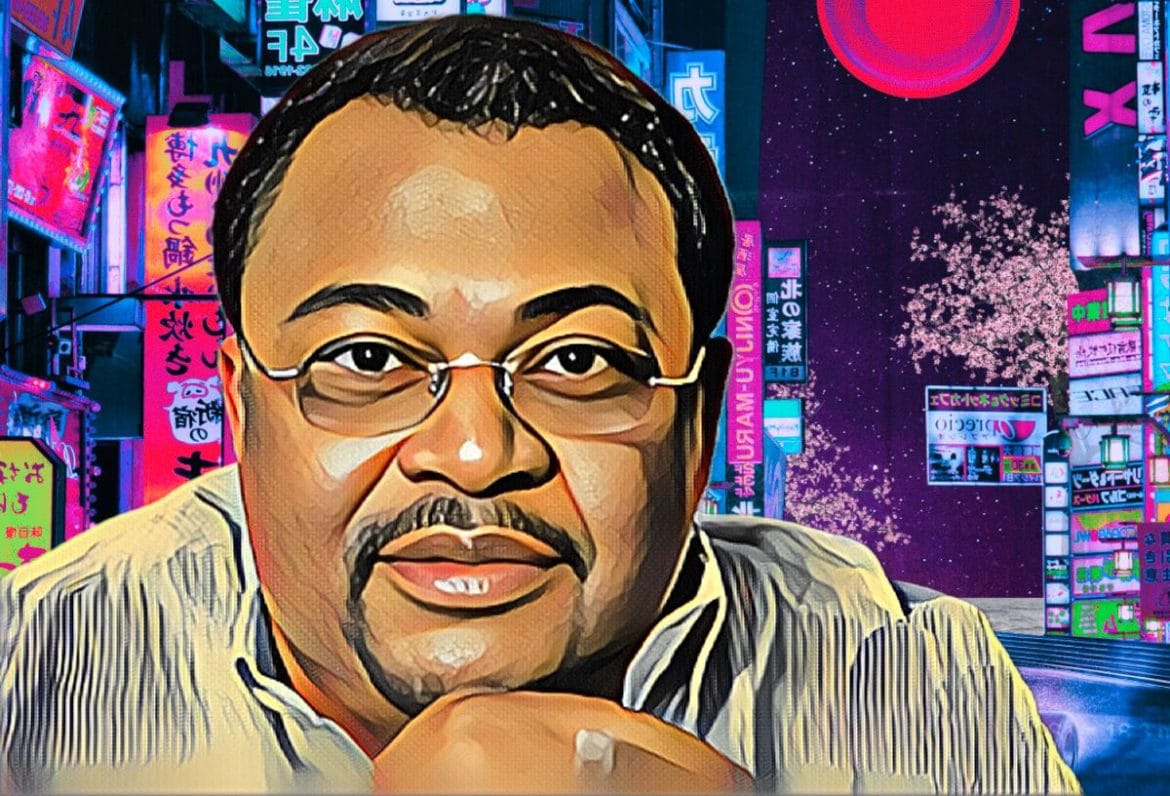
Backed by Mike Adenuga
Nation: Nigeria
Nigerian billionaire Mike Adenuga has made a long-lasting mark on Africa’s enterprise panorama, with investments spanning telecommunications, oil and fuel, banking, and building. Amongst his many holdings, he owns a 3.56 p.c stake in Sterling Monetary Holdings Firm, the mother or father firm of Sterling Financial institution PLC, a full-service nationwide industrial financial institution licensed by the Central Financial institution of Nigeria. Sterling Monetary Holdings continues to develop its footprint by way of subsidiaries like Sterling Financial institution and The Different Financial institution, its pioneering non-interest banking (NIB) division. In 2024, the lender noticed a pointy rise in curiosity earnings, leaping from N156.1 billion ($101.6 million) in 2023 to N260.8 billion ($170 million). Income additionally surged from N22.7 billion ($14.8 million) to N37.52 billion ($24.4 million). This sturdy monetary efficiency led to a major increase in complete property, rising from N2.53 trillion ($1.65 billion) on the finish of 2023 to N3.52 trillion ($2.3 billion) by the shut of 2024. Retained earnings additionally climbed from N42.5 billion ($28 million) to N71.8 billion ($47 million), reinforcing Sterling Monetary Holdings’ place as a rising pressure in Nigeria’s banking sector.
5. Capitec Financial institution
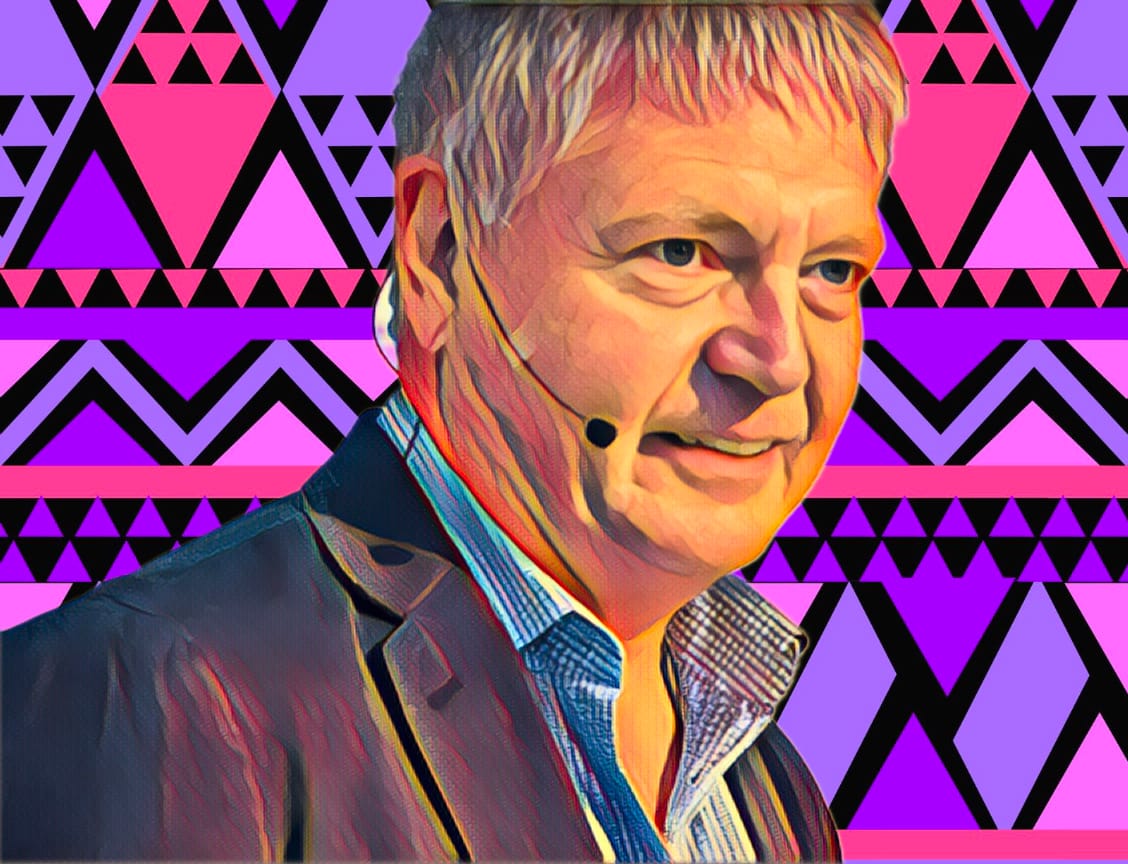
Backed by Michiel Le Roux
Nation: South Africa
Based in 2001 by Michiel Le Roux, Jannie Mouton, and Riaan Stassen, Capitec Financial institution has grown into one of many world’s high retail banking manufacturers. With greater than 850 branches and seven,400 ATMs throughout South Africa, it has reshaped the nation’s monetary sector by making banking easier and extra inexpensive. Le Roux, whose web value is $2.2 billion, holds an 11.36 p.c stake in Capitec. His imaginative and prescient of offering accessible banking for the rising center class has pushed the financial institution’s speedy enlargement, now serving over 23 million shoppers. In the present day, Capitec’s market capitalization stands at R358 billion ($19.76 billion), making it certainly one of South Africa’s most dear monetary establishments. As a part of its push to modernize, Capitec has partnered with Cisco to roll out the Meraki Cloud Managed Networking resolution throughout its branches. This funding displays its concentrate on innovation and digital banking. Regardless of international financial pressures, the financial institution’s monetary efficiency stays sturdy, with a 36.8 p.c rise in revenue for the primary half of its 2025 fiscal yr, reaching R6.43 billion ($369.44 million). With a rising buyer base and continued funding in expertise, Capitec is redefining banking in South Africa—one step at a time.
6. TymeBank
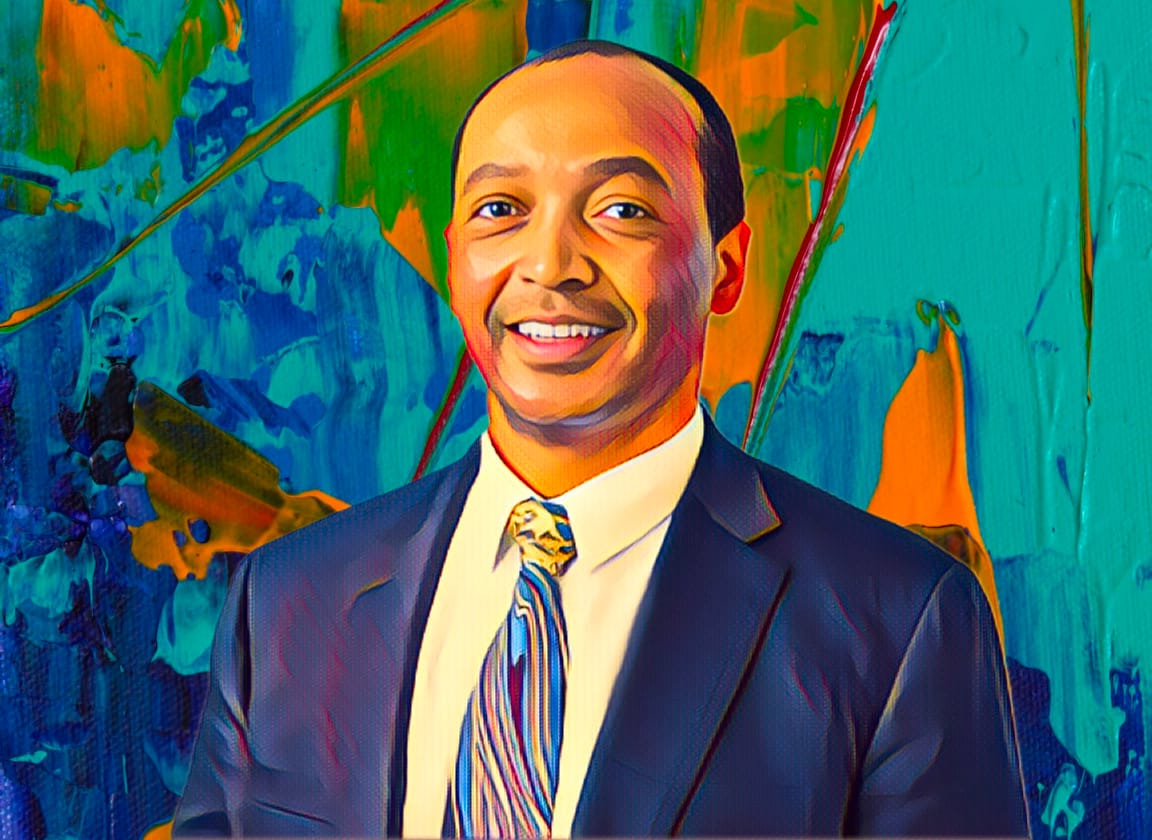
Backed by Patrice Motsepe
Nation: South Africa
TymeBank, South Africa’s main digital lender, has cemented its place as a fintech powerhouse after securing a $250 million funding from Brazilian digital banking big Nubank. The deal pushes TymeBank’s valuation to $1.5 billion and marks one other milestone for the financial institution, which grew to become worthwhile in December 2023. Backed by billionaire Patrice Motsepe’s African Rainbow Capital, TymeBank has grown its buyer base to greater than 12.4 million—9.2 million in South Africa and three.2 million by way of its Philippine arm, GoTymeBank. Robust buyer retention and rising transaction volumes level to regular development, because the financial institution strikes past its conventional mass-market focus to draw wealthier shoppers. Motsepe, whose web value stands at $3 billion, grew to become Africa’s first Black billionaire in 2008 and has since expanded his affect throughout enterprise and sports activities. Whereas he maintains a major stake in TymeBank by way of African Rainbow Capital, the financial institution stays dedicated to monetary inclusion, offering accessible banking options to underserved communities in South Africa and the Philippines. Now, it’s setting its sights on the premium banking sector, signaling the following stage of its enlargement.
7. Financial institution of Africa
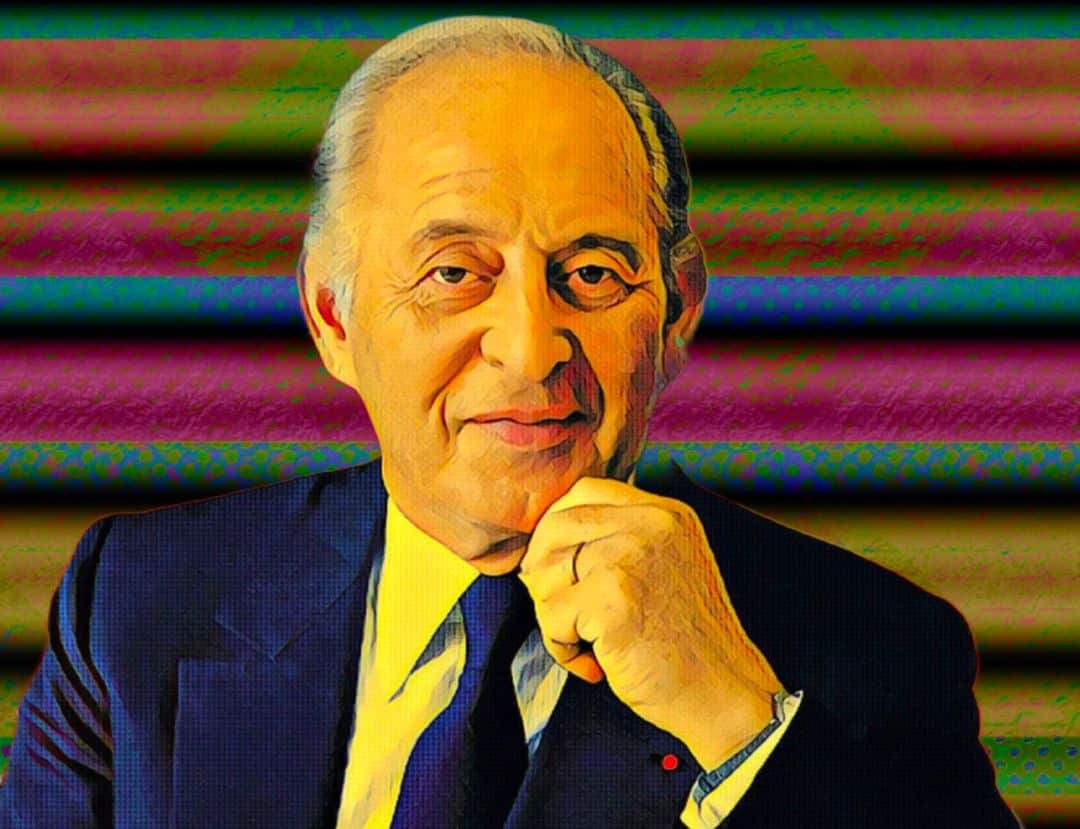
Backed by Othman Benjelloun
Nation: Morocco
Moroccan billionaire banker Othman Benjelloun has lengthy been a key participant in Africa’s monetary sector. Because the chairman and largest shareholder of BMCE Financial institution of Africa, he has helped develop its attain throughout 18 African international locations. By way of its subsidiary, Financial institution of Africa, the multinational lender additionally maintains a strategic presence in Paris, strengthening its function in commerce, infrastructure, and SME financing. Benjelloun holds a 27.4 p.c stake within the financial institution, securing his affect in Morocco’s monetary sector. His web value is estimated at $1.6 billion. Financial institution of Africa reported a 31.4 p.c improve in first-half 2024 revenue, reaching MAD2.73 billion ($277.76 million), pushed by sturdy core banking operations. The group’s market capitalization stands at MAD 42.08 billion ($4.37 billion), an indication of its rising presence and investor confidence.














